After Hurricane Harvey hit Southeast Texas in August 2017, rural communities were devastated and needed help. This crisis led to the first connection between the T.L.L. Temple Foundation and Communities Unlimited (CU), starting a transformative partnership that now strengthens East Texas.
The T.L.L. Temple Foundation and CU first collaborated unknowingly in 2017 after the hurricane. T.L.L. Temple provided funding through Rural LISC, which connected with CU to deliver services. Rural LISC supports rural U.S. communities by offering funding, resources, and technical assistance to enhance housing, economic opportunities, and community development. This initial collaboration marked the beginning of a partnership that would ultimately create lasting benefits beyond crisis response.
The relationship between the T.L.L. Temple Foundation and CU grew stronger over time, especially during the COVID-19 pandemic in 2020. The foundation saw the need for a comprehensive approach to rural development and sought partners to help realize this vision. Wynn Rosser, who was then the President and CEO of the T.L.L. Temple Foundation, introduced himself to CU CEO Ines Polonius during a Texas funders meeting.
“Wynn said, 'I know your work, I funded your work,' and I was like, 'What? We had a great conversation, and he understood our holistic approach. We did that project together, and that's how we built our relationship."
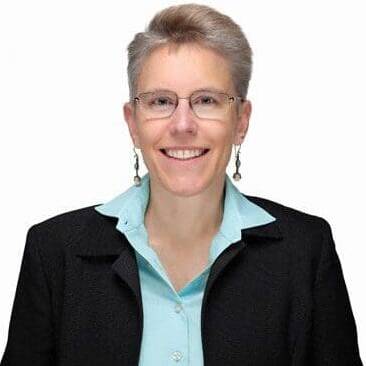
— Ines Polonius
The Foundation’s Origins
Founded in 1962 by Georgie Temple Munz, the foundation honors her father, Thomas Lewis Latané Temple, who established the Southern Pine Lumber Company in 1893. This company evolved into Temple-Inland Inc., becoming key to East Texas’s economy and social fabric.
The Temple family has lived, worked, and served in East Texas for over a century. The foundation’s mission is to build a thriving East Texas by alleviating poverty and creating opportunities, guided by core beliefs in dignity, equity, diversity, ethics, learning, and partnerships.
Collaboration with CU
The partnership with CU began through several conversations about a holistic approach to their work. They discussed topics like integrating financial support, leadership development, community engagement, and infrastructure improvement to address the comprehensive needs of rural communities.
Rosser and Jerry Kenney, a new program officer with Peace Corps and rural East Texas experience, realized the region lacked a Community Development Financial Institution (CDFI) to provide Paycheck Protection Program (PPP) loans during the COVID-19 pandemic, leaving many rural counties without financial support.
The foundation saw the urgent need to support small businesses, especially in rural areas, during the pandemic. Knowing small businesses are crucial for economic development, the foundation looked for ways to help underserved entrepreneurs.
To address this need, the foundation requested proposals to establish a CDFI in East Texas. CU responded and was chosen, forming a partnership. CU then set up an office in Nacogdoches, offering support to local small businesses and entrepreneurs by providing small business loans and technical assistance.
This initiative was unique because CU and another CDFI, PeopleFund, were chosen for their complementary approaches. CU focused on startups and working capital, while PeopleFund managed larger deals and new market tax credits.
To mitigate risks and ensure effective lending, CU employed a full-time lender, Chris Ranniger, and a full-time management consultant, Trent Thomason. This setup provides extensive technical assistance and builds relationships in the new region, leveraging their existing Community Infrastructure Team in Tyler, led by East Texas Coordinator Tom Fulton.
During a meeting with Bryn Bagwell, CU’s former Director of Lending, and Martha Claire Bullen, CU’s Director of Community Sustainability, the team discussed long-term strategies for East Texas. They organized visits to five different communities to better understand local issues. Kenney asked how they could look at the work more comprehensively, leading to the integration of a community sustainability strategy on top of the CDFI approach.
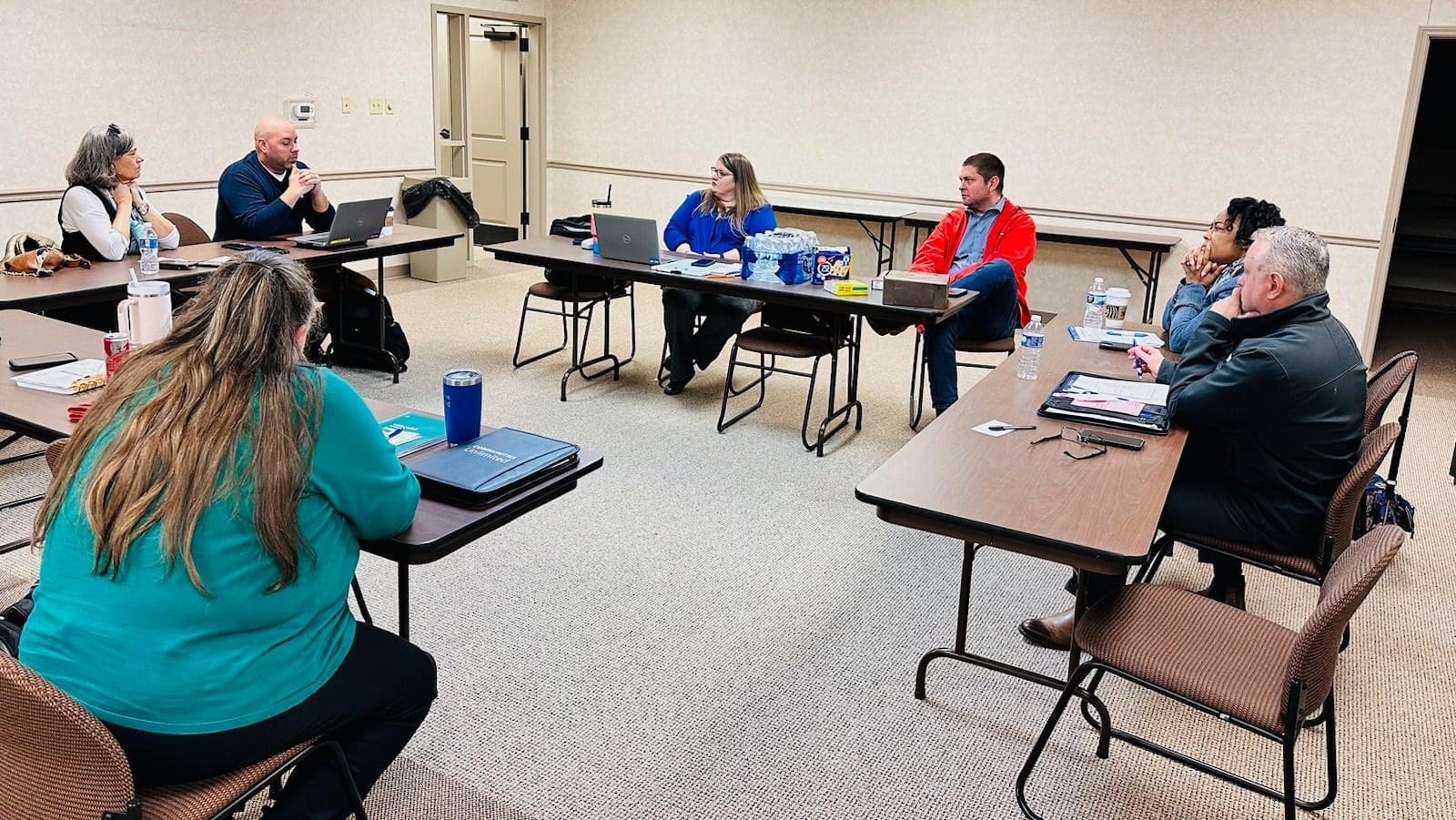
They realized that many rural communities lacked matching funds needed for federal grants. The T.L.L. Temple Foundation gave CU $400,000 to cover these funds, ensuring access to federal grants. Any unused funds were reallocated to other projects.
Introducing ConnectRURAL
Their flexible funding and shared vision helped CU create ConnectRURAL, a five-year, $3.1 million project to improve civic infrastructure in rural East Texas.
Announced in 2023, this program places Community Resource Managers in underserved areas to work with local leaders, identify needs, and connect communities with CU’s expertise in water systems, broadband, entrepreneurship, sustainability, and soon housing.
ConnectRURAL also offers pooled funding to help communities secure federal grants and includes an AmeriCorps program to place members in the region. These efforts will strengthen local organizations and develop future leaders, fostering a thriving East Texas.
Bullen explained that building relationships is the first step for ConnectRURAL. “When we started, we knew we had to connect before doing any work,” she said. “We hired people from East Texas with local connections, making that the foundation of our approach.”
This idea grew into a comprehensive framework. “Connecting is a huge part,” Bullen said. “We also assist by bringing in resources from other CU teams, like Community Infrastructure or GIS, or by reaching out to local organizations with resources communities might not know about.”
Bullen emphasized understanding each community’s unique needs and providing tailored assistance. “We bring together all the resources that could help them,” she said. Leadership development is also crucial. “Local leadership must come from the community, not just mayors and council members, but community champions who genuinely care.”
She mentioned that some people didn’t see themselves as leaders at first. “Some said they didn’t attend leadership meetings because they didn’t see themselves as leaders. We work to change that mindset, showing them that if their community trusts and values their opinion, they are leaders.”
ConnectRURAL is now a key part of CU’s Rural Development Hub. “We have hub spaces in Texarkana, funded by Temple, and are opening another in Lufkin soon,” Bullen said. These hubs are one-stop shops where community members can get assistance. “Jerry’s favorite phrase is ‘no closed doors.’ If we don’t have the answer, we’ll find it.”
Additionally, they are working to create a digital hub. “Communities we work with will have a login, offering ongoing support and resources,” Bullen said. This digital space will also include interactive sessions.
Bullen emphasized that the long-term funding from the T.L.L. Temple Foundation has allowed them to do things right. “With a five-year grant, we can ensure everything is well-developed,” she said. “Jerry’s vision is to create a truly accessible support system, both physical and digital, so no one is left out.”
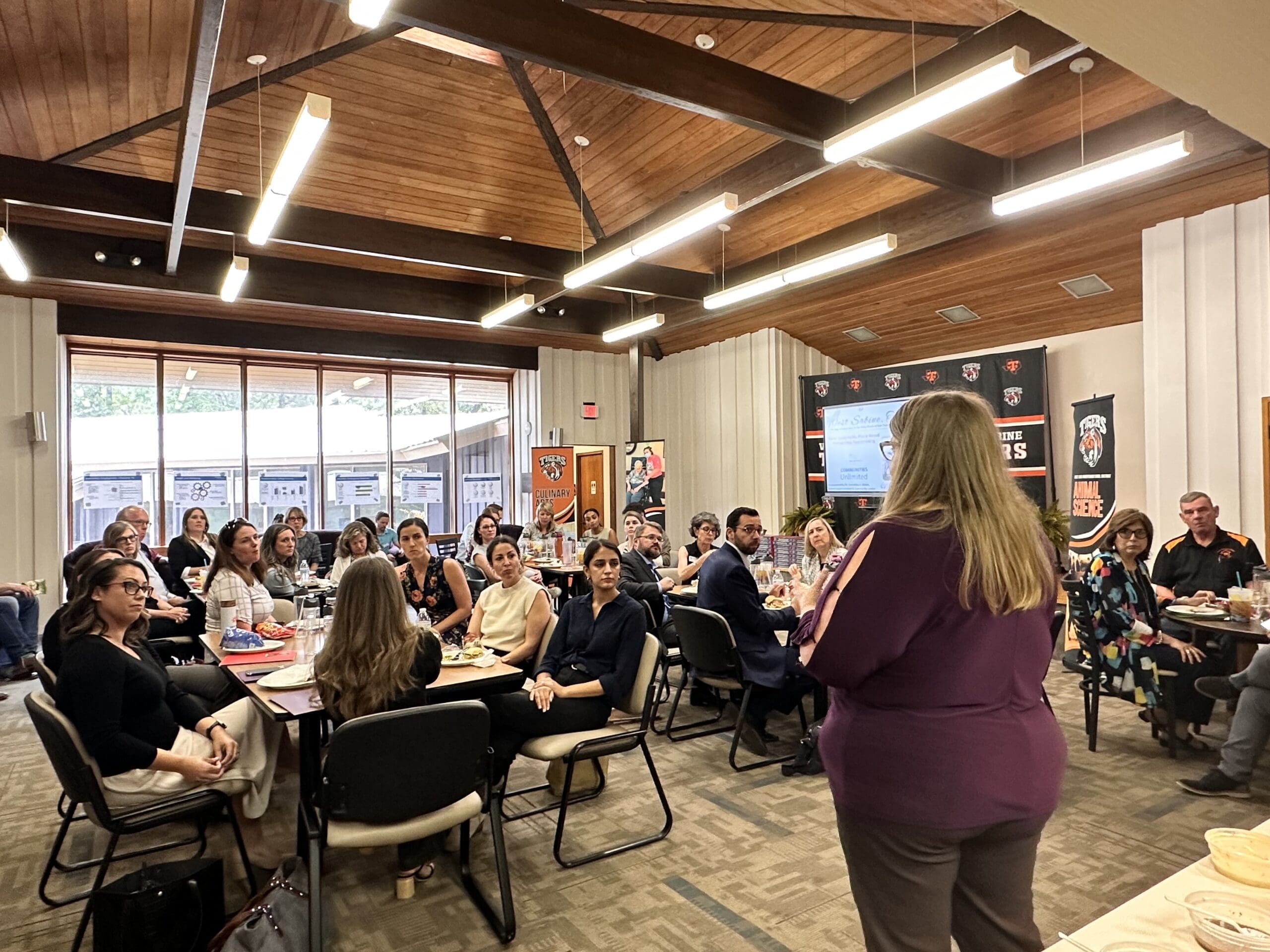
Future of the Partnership
Kenney notes that in community development, there’s a clear difference before and after the involvement of CDFIs. He sees a similar shift with CU, marking a “pre-CU” and “post-CU” era.
Historically, many communities lacked support like financial aid, coaching, mentoring, leadership development, and community engagement. Traditional methods focused on economic decline, school closures, and reduced health access but were not enough for true rural development.
Kenney stresses the need for a new approach that combines these support mechanisms. CU aims to establish inclusive community development practices. “If we’re going to do rural development differently, we have to look at new models and partnerships that make this possible,” he said.
Kenney highlights that the partnership’s success comes from working with partners who truly understand rural challenges. “We don’t need to bring in outsiders to explain rural communities. That’s what CU does,” he said. The collaboration’s strength lies in its deep commitment to rural areas, aiming to build strong regional capacity to tackle structural issues.
Kenney notes this journey requires a long-term commitment and new approaches for 21st-century rural development. “We didn’t get into this situation in 12 months, and we won’t get out of it in 12 months,” he said. This multi-decade effort focuses on innovation and adaptation.
"Our organizations are deeply rooted in rural communities, built by and for rural people. This collaboration creates a solid foundation for success. Our board is dedicated to thriving rural communities in East Texas, seeking partners with diverse expertise and a comprehensive approach to local challenges. Rural development can't be addressed from a single angle. Communities Unlimited brings extensive experience and a commitment to underserved communities, aligning perfectly with our mission.”
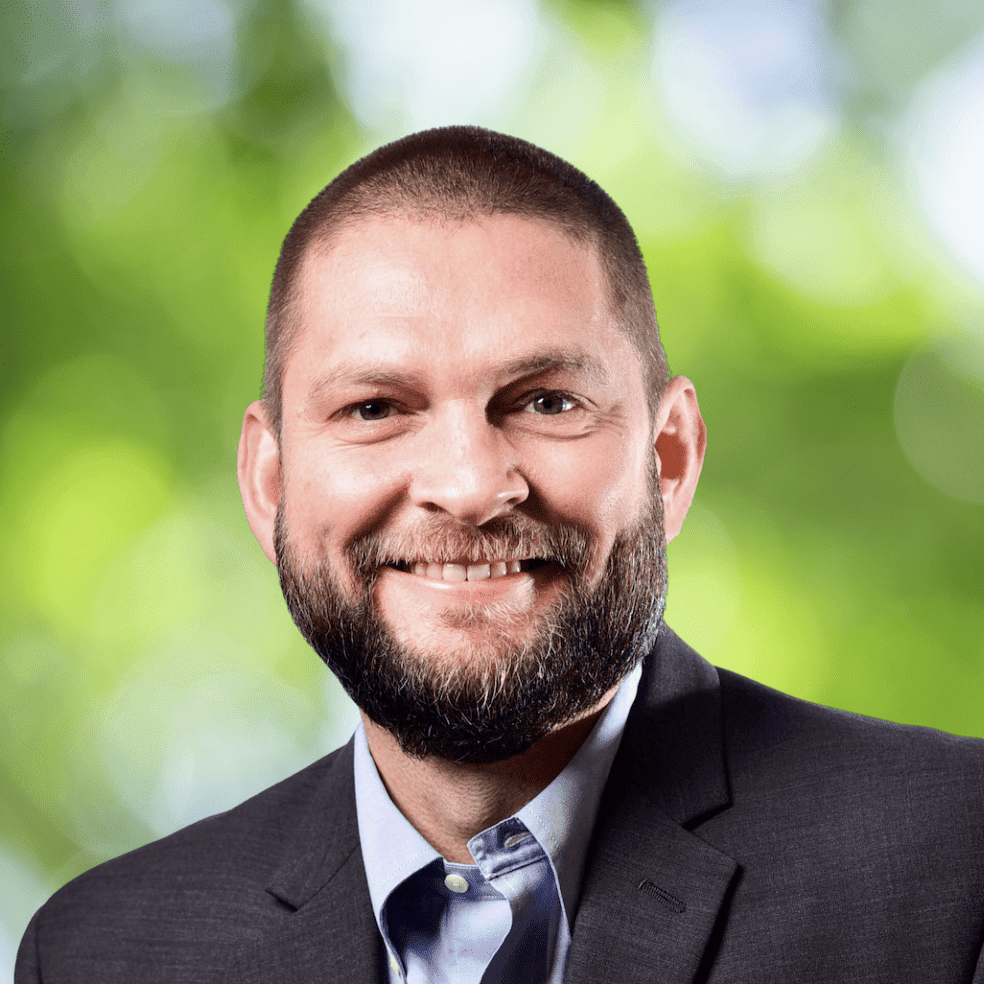
— Jerry Kenney
Polonius notes that Rosser has fostered an environment at the East Texas-based organization that values curiosity, learning, and partnership. This culture, combined with resources to implement ideas, makes the foundation unique. The shift from addressing surface-level problems to tackling root causes has been significant for both the foundation and CU. Rosser and Kenney have educated the board about this shift, emphasizing the need for long-term solutions rather than short-term grants.
Innovative Leadership and Ecosystem Strategy
Polonius emphasized the importance of joint thought leadership, noting that the partnership’s success stems from working with partners who truly understand rural challenges. The foundation’s commitment to collaboration ensures that all parties work together for better results.
“The foundation didn’t just fund us and step back,” Bullen said. “They funded us and connected us with every other organization they work with. They want everyone to network and solve problems together because no one can do everything perfectly. But if we all figure out our piece, we’ll create an incredible puzzle.”
This strategic partnership has opened many doors, with funders discussing their work with other funders proving invaluable.
“People ask how philanthropy interacts with us, and I direct them to Jerry, who has made the circuit and increased our visibility,” Polonius said. “In the South, where innovation is often overlooked, our tag team approach spreads the message about the role of philanthropy and our comprehensive rural development strategy.”
This collaboration aims to create a thriving ecosystem for a sustainable and prosperous future in East Texas.
“It’s fitting that our introduction to Communities Unlimited came after Hurricane Harvey in 2017. We quickly learned that CU’s capacity extends far beyond repairing rural water systems. During the pandemic, we relied on CU once more to support small businesses in rural East Texas. Our most comprehensive work focuses on regional capacity building and community development, aligning our shared mission and strengths. Rooted in relationship and trust, it’s rewarding to see real and lasting change take root.”
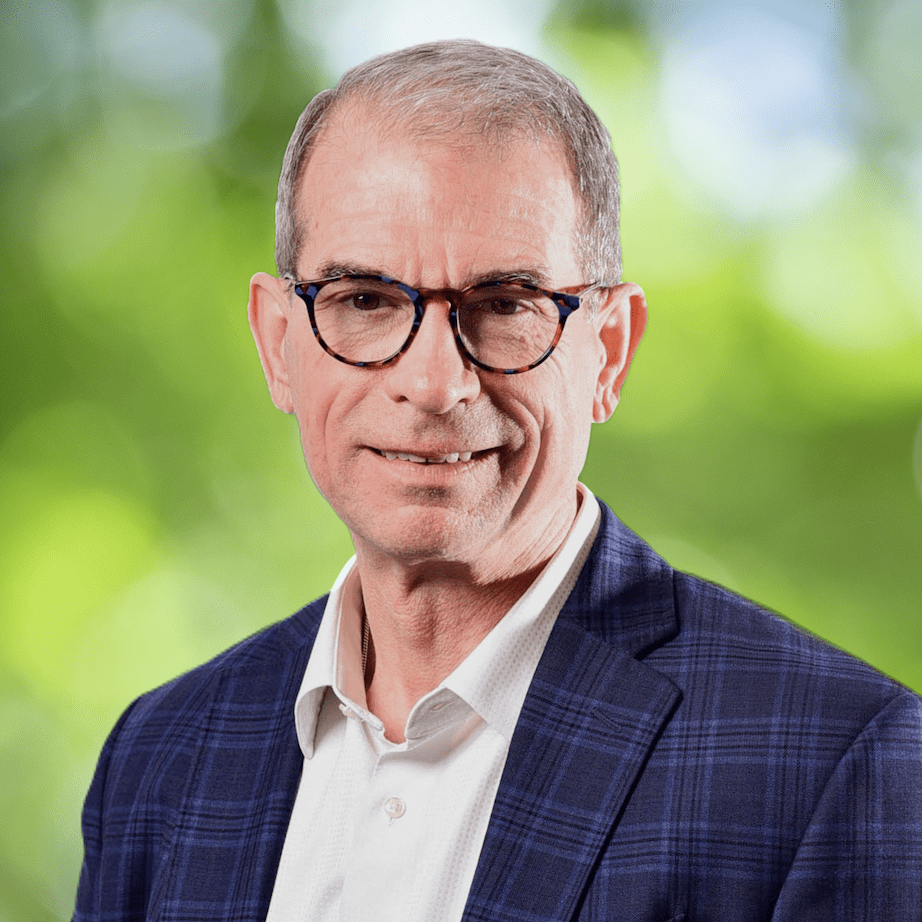
— Wynn Rosser

